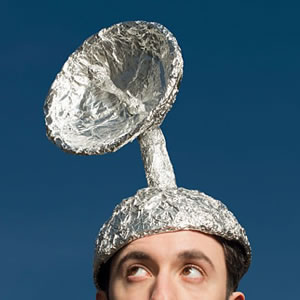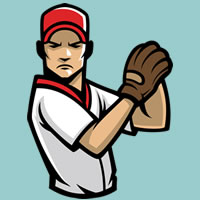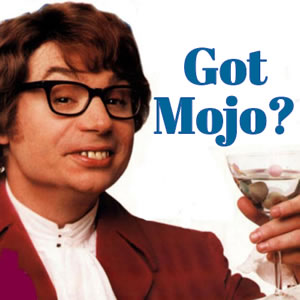With the rush to get scoops on stories or simply to just write and post a piece before one heads out to the gym in the morning…
…. we all know, editorial standards have taken a nose dive.
Some of this I can live with occasionally. The word “there” inadvertently spelled “their” for example. A letter or apostrophe left off here and there. I’ve done this. We’ve all done this. It happens.
What I have zero tolerance for, however, is the incessant use of superlatives. The best, the most, the smartest…please stop.
Use one of these words and you’ve lost a reader, as far as I’m concerned. I want to know what makes the macaroni and cheese the best in the world not only that it is the best in the world.
I worked with one writer who described a resort’s childcare center as the “best among the best.” When I asked her what that meant, she hesitated and said… ”Um…let me get back to you.”
Another writer had me holding my index finger over the delete key when I read, “Words cannot describe how gorgeous this place is.” If “words cannot describe,” excuse me, what are you doing in the business of writing?
Of course, there are those who go in the opposite direction, full speed right off the cliff of too many adjectives (and way too much information). “It was an enormous, glassy, loon-dotted Maine lake surrounded by thick, pine-scented forests that reminded me of my early childhood camp experiences.” Maybe I’m wrong, but I think “a glassy Maine lake” would suffice.
Of course, there are trends. Remember when magazines traditionally ran multi-thousand word articles? Back then, one needed lots of adjectives to fill up a page. Today, one has to keep it short. The buzz in the piece starts with the title and ends with the last period. No wasted words. No stage setters.
No filler.
I’m fine with that. Just choose words that tell me something.
~ Susan






Such a valid point Susan! I also edit articles containing a lot of superlatives and must ask for rewrites. I don’t have a problem with it as part of an honest opinion when someone is reviewing something, for example, after describing a dessert at a restaurant, it’s fine to say it’s the “best” tiramisu the writer has ever tasted, but I completely agree that without some other description to validate why the writer thinks so highly of something, it’s just unbelievable fluff.
Agreed. Don Hewitt, the brains behind 60 Minutes, charged every reporter with the words, “Just tell me a good story.” Good advice.
I always love stopping by to read your advice and tips. Thanks for the reminders. It is great to have articles like this to remind myself to check my own posts. I find that writing something like “It was amazing” is a useless sentence. Why is it amazing? what made it special? And if it is the best, don’t say “It’s the best” explain why it is such a perfect location. It’s easy to throw in superlatives, but to get your point across and actually describe an experience or destination is the real reason people are reading.
Thanks, Deb. We all have to be reminded. It’s so easy to get in bad habits.
Couldn’t agree with you more. Funny how quite a few people can use adjectives to describe a place and not actually describe the place at all. Not to say a good adjective here and there won’t spice up a normally boring article but there is always a limit.